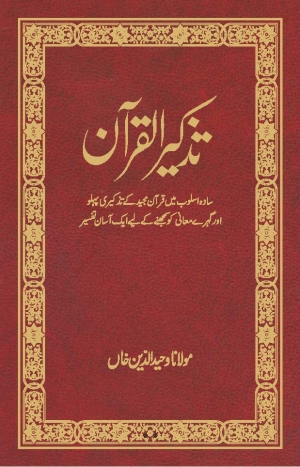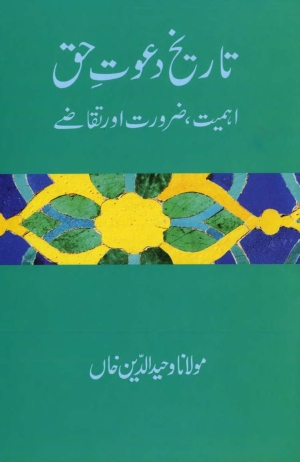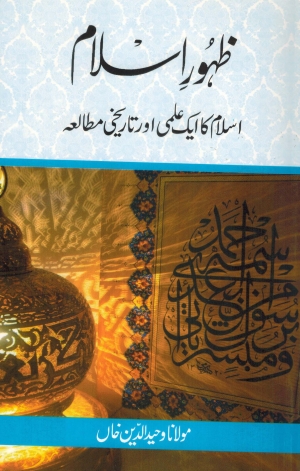The Quranic picture of Moses is similar to Moses's biblical and Jewish Haggadic story and is one of the Quran's longer and more developed narratives. Moses is presented as a precursor to Muhammad and similar to him both in mission and in the reception of his people.
Before the commencement of his prophetic mission, Moses, together with his wife and family, was traveling from Midian. When he arrived at Mount Sinai, a storm was blowing, and they had lost their way. Then, on the mountainside, Moses saw a fire, and said to his wife: Wait here. I can see a fire. Perhaps I can bring you a brand from it, or find some guidance at the fire. (20:10) But when he came near, he found that there was much more in the ‘Burning Bush’ than met the eye: ...A voice called out to him: ‘Moses, I am your Lord...’ (20:11-12) The Lord then asked him, ‘What do you have in your right hand, Moses?’ He replied, ‘It is my staff. I lean on it, and with it, I beat down the leaves for my flock; I also have other uses for it.’ But when Moses, at God’s command, cast it down, it turned into a fast-moving serpent. Similarly, Moses’ hand, when he put it under his armpit, came out shining white—another sign from God. In ancient times the miracles were given to Prophets in order to convince people of their being true prophets. But in modern times, science can be used as substitute to miracles.
At one place in the Quran it is said that Prophet Moses urged God in these words: “My Lord, show Yourself to me so that I may look at You.” (7:143). These words of Prophet Moses speak of the desire of every human being. Moses said these words on behalf of all humanity. Every person has the deep yearning to see God, the Creator who created them. Just as a father longs to see his son, similarly a human being has an even greater wish to directly observe and speak to the One who created him. Paradise will be the place where this desire in every human being shall be fulfilled. The Prophet said that the people of Paradise will be enjoying the blessings God bestowed on them. Then God will manifest Himself and on beholding God’s glory and majesty, they will forget all the blessings they had been enjoying.
According to the Quran, the Towrah, the book that God revealed to Moses for the guidance of the Children of Israel (Bani Israil), did in fact contain guidance and God’s commands, admonition and a clear explanation of many things of the world, and of God’s mercy. There are many verses regarding the granting of a book to Moses in which the Towrah is mentioned although not by name. The tablets (alwah) are also mentioned and they mean the same scripture:
‘And We wrote for him upon the Tablets an admonition and details of all things, then [bade him], ‘Hold fast to them; and command your people to follow them in their best sense’. (7:145)
But when Moses went back to his people with the Law inscribed on the Tablets, they had meanwhile turned away from God and the Truth and he became very angry. He prayed for them and they repented. ‘When his anger had subsided, Moses took up the Tablets upon which was inscribed a pledge of guidance and mercy for those who fear their Lord.’ (7:150-154)










